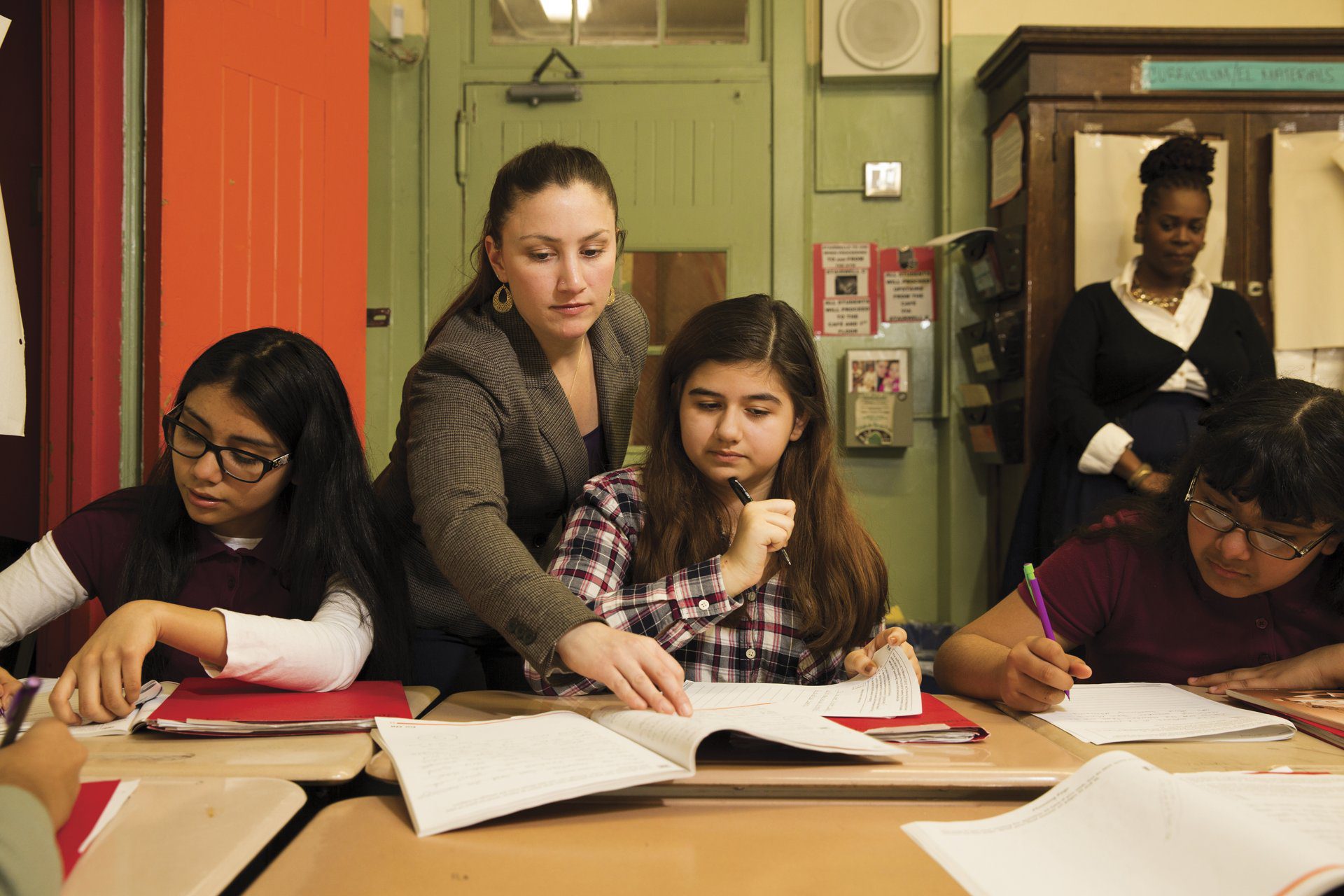
June 2016 / By Paul Tough /
Self-Determination Theory acknowledged by The Atlantic as an important perspective in education. Interesting article on children’s resilience and motivation in the classroom around socio-economic factors. Read the full article.
Within the field of psychology, one important body of thought that helps explain this apparent paradox is self-determination theory, which is the life’s work of Edward L. Deci and Richard M. Ryan, two professors at the University of Rochester. Deci and Ryan came up with the beginnings of their theory in the 1970s, when the field was mostly dominated by behaviorists, who believed that people’s actions are governed solely by their motivation to fulfill basic biological needs and thus are highly responsive to straightforward rewards and punishments.
Deci and Ryan, by contrast, argued that we are mostly motivated not by the material consequences of our actions but by the inherent enjoyment and meaning that those actions bring us, a phenomenon called intrinsic motivation. They identified three key human needs—our need for competence, our need for autonomy, and our need for relatedness, meaning personal connection—and they posited that intrinsic motivation can be sustained only when we feel that those needs are being satisfied.